Anika Wells, in announcing a meeting with three telco giants to discuss Optus’s Triple Zero emergency call system catastrophe in September, referred to the need for Australians to have confidence in the system before the coming “disaster season”. By that she meant summer. Is there really such a season? (more…)
Chas Keys
-
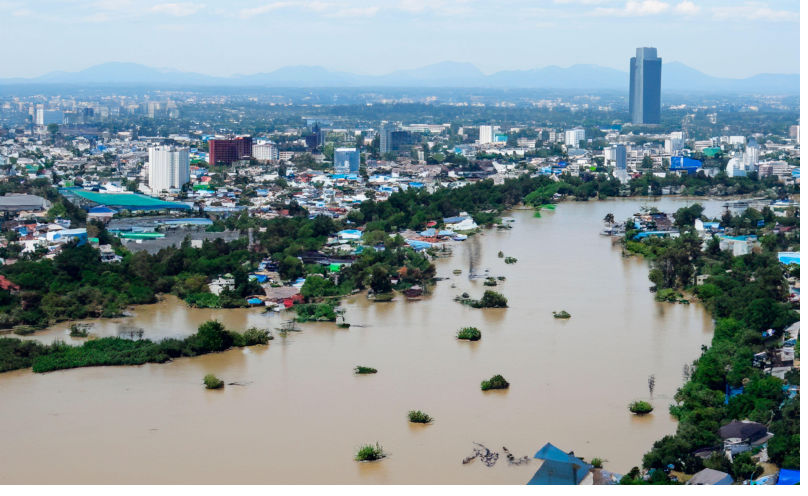
The Texas flood, Australia and the psychology of evacuation
The Texas flood on the weekend of 4 July has produced a shocking toll – probably well over 200 people dead, including many children. (more…)
-
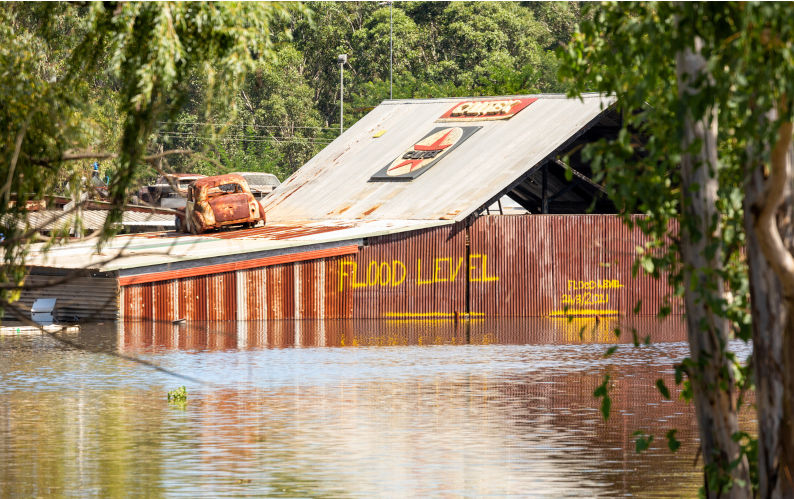
Flood management: Science, technology and people’s responses
To reduce the risks posed by floods requires both scientific input and appropriate community reaction. It is not always clear that both are in evidence. (more…)
-
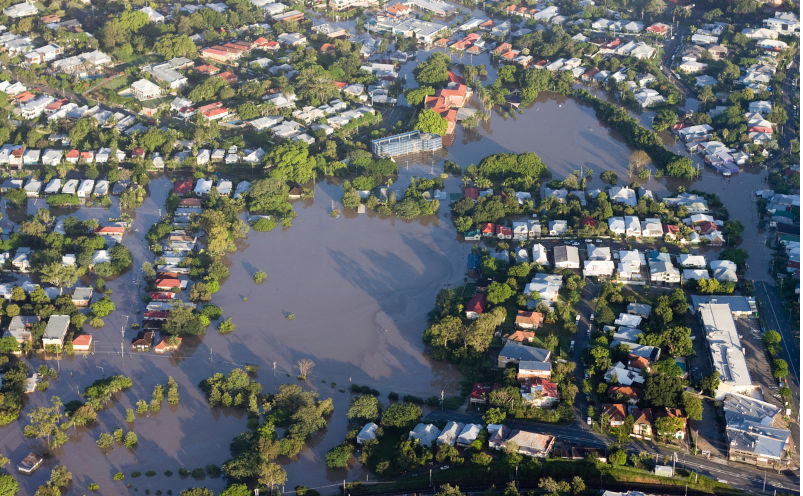
Are we losing the battle against urban development on floodplains?
After two recent bouts of flooding already this year in Far North Queensland and more in the south-east of the state and in the Northern Rivers of New South Wales, the perennial matter of our use of floodplains is in the news once more. Specifically, the issue of building houses on flood-liable land has come to public attention again. (more…)
-

John Howard and British colonisation of Australia
Humphrey McQueen (Pearls and Irritations, ‘The lucky Aborigines’ 26 January 2025), has reminded us of John Howard’s opinion that “the luckiest thing that happened to this country was being colonised by the British. Not that they were perfect by any means, but they were infinitely more successful and beneficent than other European colonisers.” (more…)
-

Extreme events, causation and politics
Climate Politics: Causation can be complex, often multi-layered, multi-faceted and with links between its elements. In the context of weather-related disasters, it has to be attributed with great care, and in recognition of the complicated thing that is the environment whether natural or human. And we need to note the motives of those who attribute causation; they can quickly politicise events and condition people’s views as to what underlies those events. (more…)
-

Afghanistan women’s cricket team seeks recognition
Since the Taliban returned to power in Afghanistan almost three years ago, women’s sport has been cast into darkness there.
(more…) -

Afghanistan’s underdogs upsetting the established order
One of the charms of sport is seeing underdogs upsetting the established order by overcoming teams they seemingly have no chance of beating. All sports have examples of such upsets. Long-term realities about relative strengths can fall in the short run. Ah, the glorious uncertainty of sport! (more…)
-

Lord Botham and discrimination in cricket
Responses to the report of the Independent Commission for Equity in Cricket (‘Holding up a Mirror to Cricket’) commissioned by the England and Wales Cricket Board, continue to reverberate months after its release in mid-2023. (more…)
-
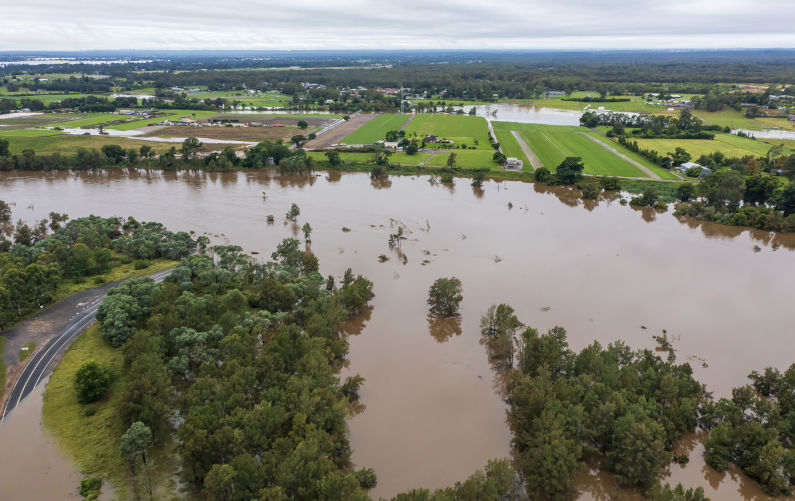
The Great Lismore Flood: Revisiting the use of floodplains
Last week saw the release of the NSW State Disaster Mitigation Plan which outlines a blueprint for managing future disasters; this week marks the second anniversary of the great flood at Lismore and places downstream in the Richmond River valley. This is a moment to ask how we are going in NSW as far as the future management of floods is concerned. (more…)
-

In praise of Afghanistan’s cricketers
Much has been written about the International Cricket Council’s World Cup competition being played in India, but relatively few of the words have been about the incredible achievements of the Afghanistan team. Against a backdrop of poverty, war, political turbulence and natural disasters, the team performed magnificently. (more…)
-

On inclusivity in English and Australian cricket
Last week, English cricket was hit by a bombshell in the form of a report entitled ‘Holding Up a Mirror to Cricket’. Commissioned by the England and Wales Cricket Board, the report by the Independent Commission for Equity in Cricket (ICEC) found that the game in the land of its origin was riven by racism, sexism, elitism and class-based discrimination. (more…)
-

Cricket and ethics: Always more to do
Cricket has always had a difficult relationship with ethics and integrity. This is notwithstanding two things: the game’s pride in the saying “It’s not cricket” to describe anything unfair, and the inclusion in the game’s Laws of a Preamble called “The Spirit of Cricket” to guide player behaviour. (more…)
-
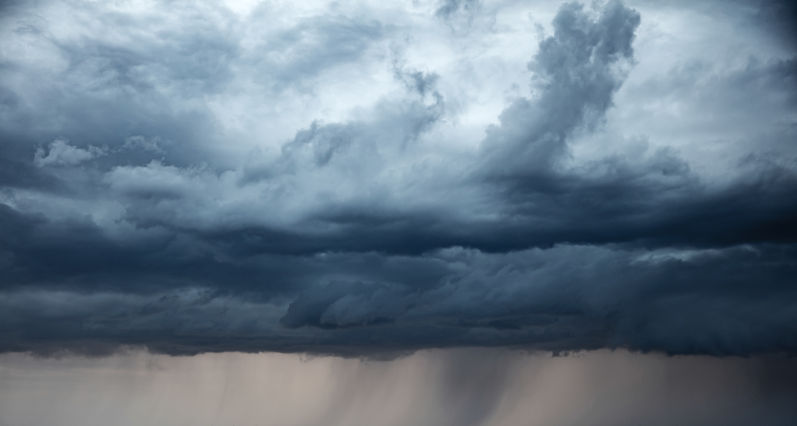
Flood warning: full potential not achieved
The recent announcement by federal ministers Tanya Plibersek (Environment) and Murray Watt (Emergency Management) of substantial investment in upgrading the nation’s flood warning gauge network is welcome.But gauging is only part of the problem of flood warning: there is another element which is not routinely well recognised in flood management circles. (more…)
-
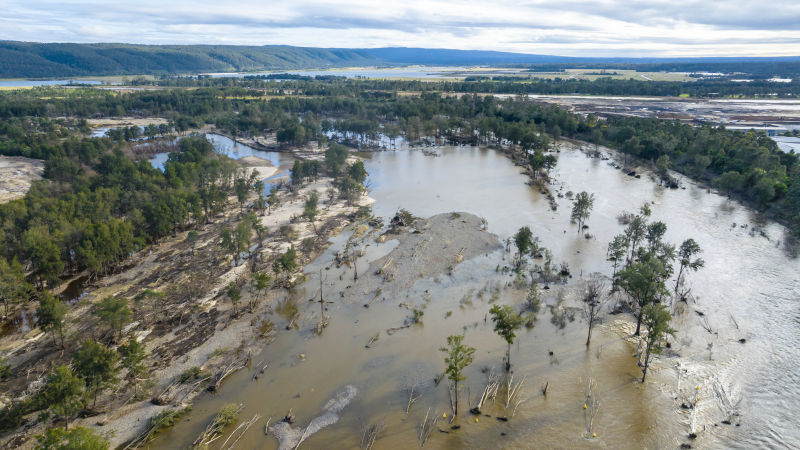
Flood warning: upgrade gauging networks, focus on warning messages
Last Monday, Minister for the Environment Tanya Plibersek and Minister for Emergency Management Murray Watt announced an intended spending of $236 million to upgrade the nation’s flood warning gauge networks. This is welcome news, but it must also be recognised that for flood warning to be truly effective we will need to pay more attention to what is done with the information the gauges provide. (more…)
-
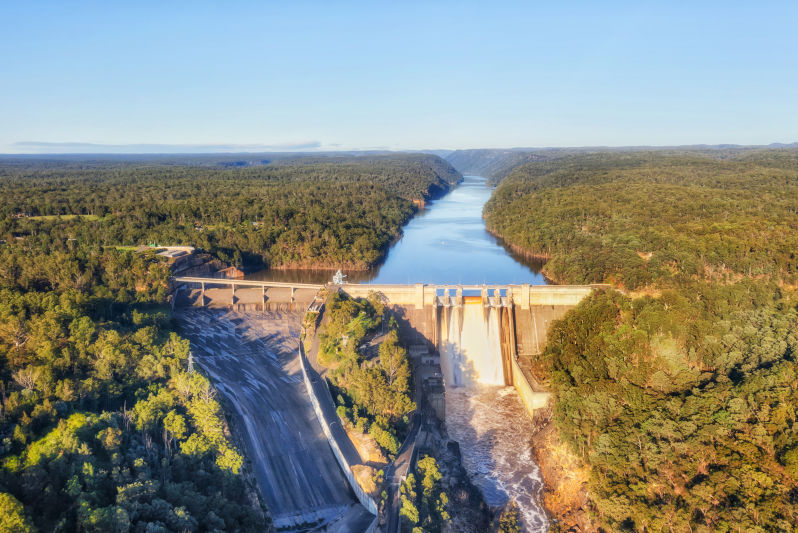
Raising of Warragamba Dam ‘spun’ in New South Wales election campaign
An interesting comment was made this month about the New South Wales Coalition’s intention to raise Warragamba Dam in order to store floodwaters and thus mitigate the problem of flooding downstream. The comment as retailed by ABC Online came from the Liberal MP and candidate for the seat of Hawkesbury in the coming state election, Robyn Preston. (more…)
-

Some things don’t change: the alarming attitude that still surfaces on the edges of Australian cricket
There was a bothersome moment on television late in last week’s first cricket Test between Australia and India in Nagpur. (more…)
-

T20: blessing or curse to cricket?
Several developments in recent times suggest that T20 is a potential danger to cricket. (more…)
-

Cricket Australia’s ‘Afghanistan problem’
In cancelling its scheduled March series of three one-day matches against Afghanistan, Australian Cricket takes us into familiarly problematic territory. It brings to mind the battle, fought for two decades against South Africa’s apartheid regime, where cricket and rugby boycotts played a significant role. (more…)
-

Can ‘Bazball’ save Test cricket?
Test cricket is sometimes its own worst enemy, regularly shooting itself in the foot. Can ‘Bazball’ save it? And can the playing conditions be applied more effectively? (more…)
-

The rub of the (very) green at the ‘Gabba
“It’s not cricket” is a term that originates from the idea of the importance of fairness. In the first cricket Test against South Africa we’ve just seen a case of alleged lack of fairness, of a kind, demonstrated at the ‘Gabba in Brisbane. (more…)
-

Can T20 and Test cricket continue to exist together?
For decades there have been concerns about the viability of Tests. Do administrators, in their lust for the rivers of cash which T20 brings in, recognise the dangers of this moment in cricket’s history?
-

Sharper focus on flood education and community engagement needed
The flooding in eastern Australia over recent weeks has been serious and in some areas it has seemed never-ending. (more…)
-
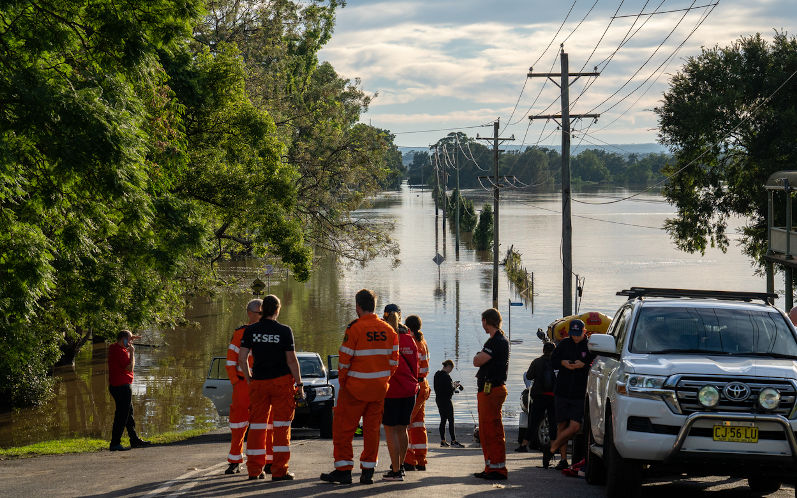
Towards a phase shift in flood management?
The call by Murray Watt, Minister for Emergency Management, for a national discussion about new development in disaster-prone areas should be welcomed. (more…)
-
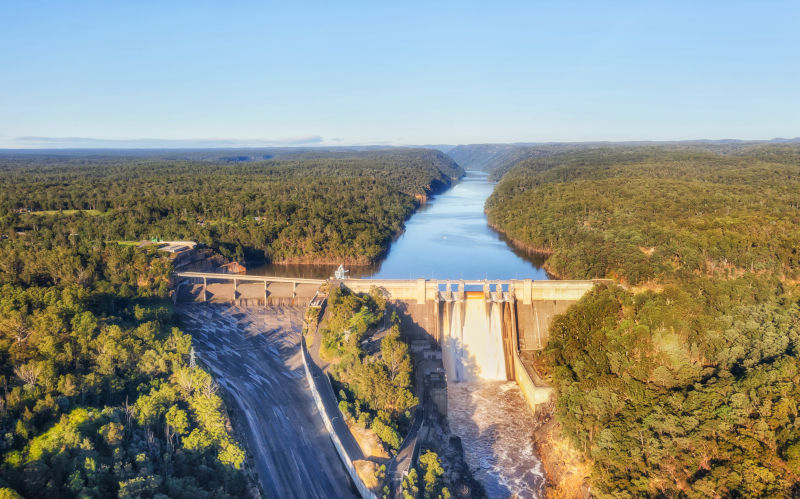
Perrottet bites the Warragamba bullet, and we should be concerned
New South Wales Premier Dominic Perrottet has made a decision which has been on the cards for decades: his government will ‘fast-track’ the raising of Warragamba Dam as a means of mitigating flooding on the Hawkesbury-Nepean river system. And we still keep building on flood plains. (more…)
-
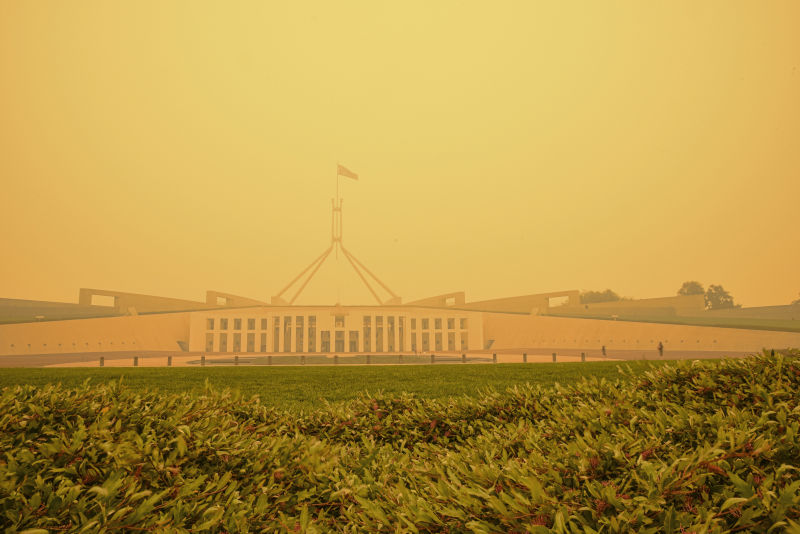
Climate change, weather elements and natural disasters: what links?
Over the past couple of years, the idea that humanly-created climate change is real and worrying has become increasingly accepted in Australia. Few scientists now argue the opposite point of view, the commentariat has largely followed suit even News Corp’s opposition is no longer a matter of policy and polls suggest that scepticism and denialism are in retreat in the popular mind. (more…)
-

The independent New South Wales flood inquiry has landed
The much-awaited report of the Independent NSW Flood Inquiry has been released. (more…)
-
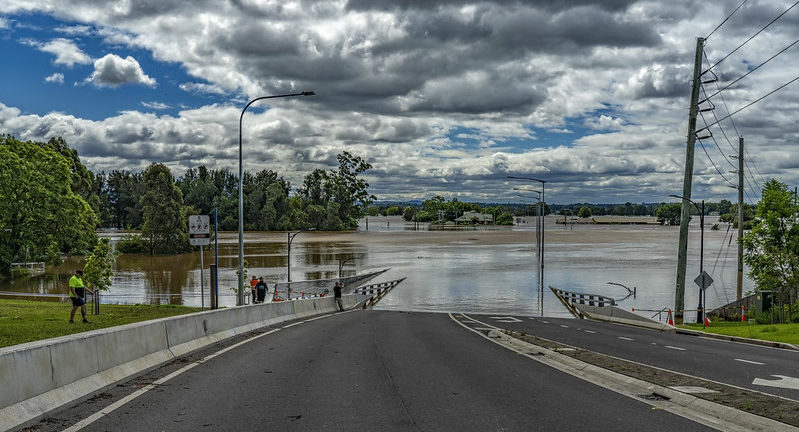
Raising Warragamba Dam is not the best flood mitigation strategy, Premier
Last week, New South Wales Premier Dominic Perrottet said that raising Warragamba Dam was the “best strategy” for managing the flood problem in the Hawkesbury-Nepean valley. It is not. It is not even a good strategy, or close to one. (more…)
-

The ‘100-year flood’ and the floor levels of houses
The so-called ‘100-year’ (or 1% Annual Exceedence Probability) flood has two main uses in the public domain in Australia. Both are problematic, though not intentionally so on the part of those whose professional activities are bound by its use.
(more…) -
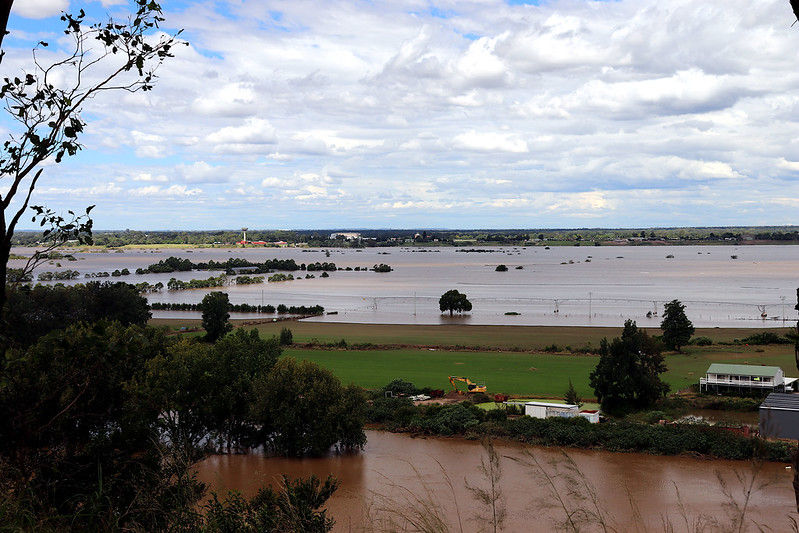
The flood problem, immigration and population growth
The management of weather-related emergency situations like floods is the responsibility of the states. But the policies and activities of the Commonwealth government can make big differences to the impacts of floods, either for better or for worse. This is clearly demonstrated via immigration policy and its impact on population growth. (more…)
